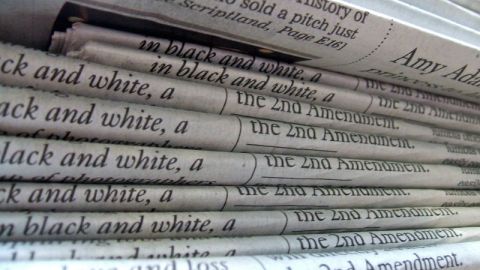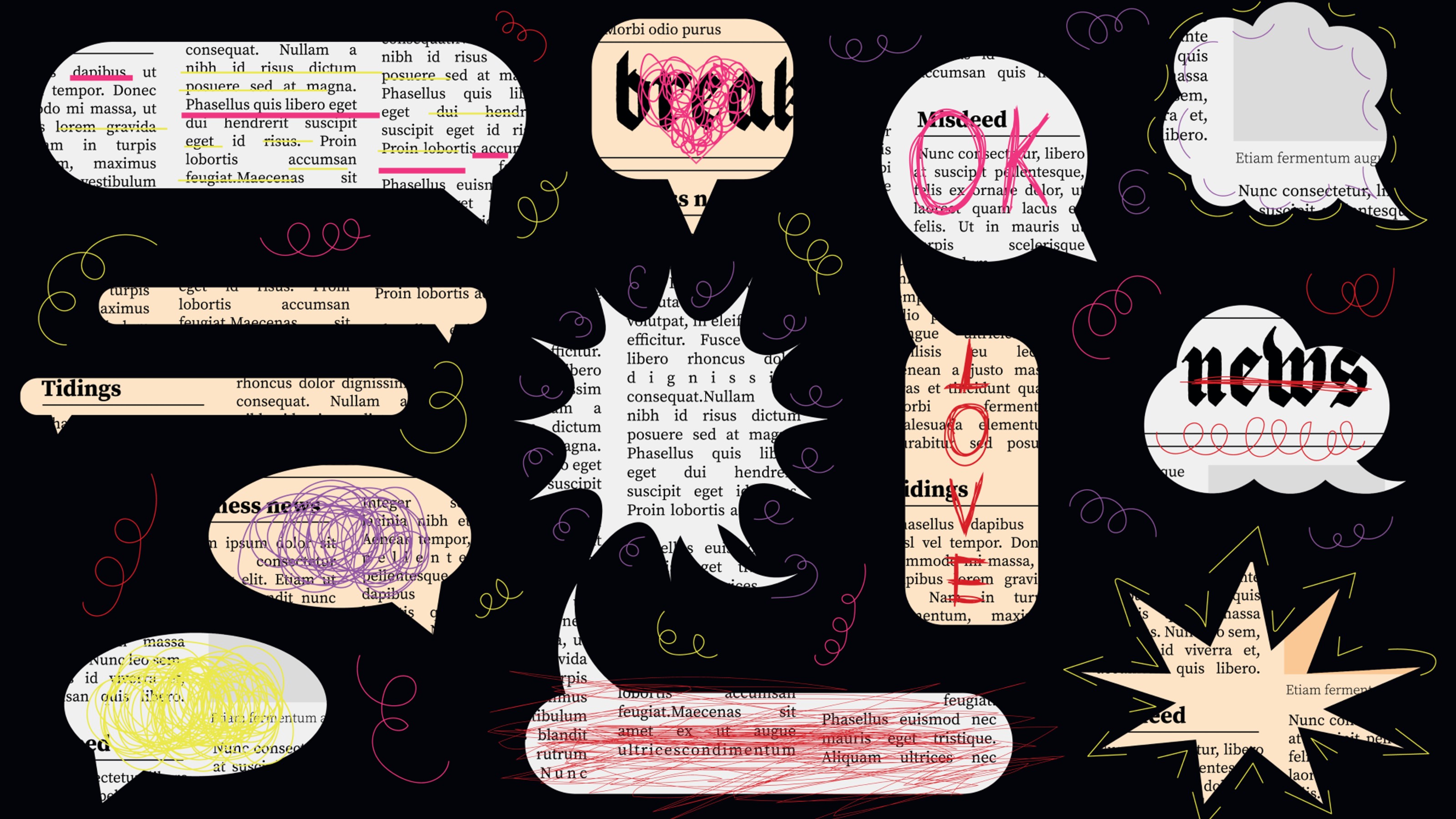Can Democrats Capitalize On The Latest Media Narrative About GOP?

If you have been reading the op-ed pages lately, you have begun to notice in the last week or so that a subtle change in their rhetoric is taking place. Scott Brown of Massachusetts is no longer a brilliant maverick who rose to the Senate on the back of a vibrant Tea Party movement and discontent about healthcare reform, according to the leading edge of conventional wisdom – now he is a lackluster politician with no clear sense of direction who is looking more and more like he will only be a special term senator. The idea that the Republicans will take control of the House and gain a few seats in the Senate is no longer seen as a forgone conclusion by a growing number of our professional political prognosticators.
Now that the media has decided to quit puffing up the Tea Party movement to look bigger than it actually is, so they can get behind the populist side of the saga unfolding on Wall Street, they have begun to recast the Republicans as the villains in this latest narrative because they are siding with the banks, just a few short weeks after characterizing the GOP as a proxy for the “will of the people” during the healthcare debate.
Why is this so important? Why is this so critical?
Because 95% of Americans don’t have an emotional investment in the political process.
It is something they suffer through for a few minutes every night on TV until American Idol or Lost or the NBA playoffs come on. It is something they skip over in the newspapers when they are looking for the latest One Day Sale coupon from Macy’s, or the times that Clash Of The Titians will be playing at the IMAX theatre. Its not that they aren’t paying attention. They know who the vice president is, how the deficit is calculated, and how many electoral votes are needed to win the presidency. But it only takes listening to three sound bites, skimming over six or seven headlines, and few clicks on the CNN or USA TODAY websites for them to be informed FOR THE WEEK. This is why the drivers of the political conversation, who in this country are still the political writers and columnists, are so important. They feed the entire media ecosystem by giving TV and radio personalities something to start with, or quote, or rail against after the heavy lifting of creative thinking and original researching and carefully building a narrative has already been done.
Why does this matter?
If those three soundbites or six or seven headlines or few clicks on CNN or USA TODAY are all trending in the same direction, the listener is apt to repeat them at the water cooler, or on the sidelines at the soccer game, or in the church parking lot, or around the cul-de-sac, or at a birthday party, the places where the rest of America really talks about politics when they get a break from the hectic rush of their daily lives.
Because this is how you get political polls that indicate “most Americans support________” or “most Americans feel ________.” Poll numbers that politicians base their political lives on. Poll numbers that determine whether or not Big Time Donors will open up their pocket books and “make it rain” on their party’s candidates because they look like a winner, or keep them closed and sit on the sidelines because their party’s candidates seem like a waste of good money.
But this momentum is nascent. It is ephemeral, and apt to be a temporary occurrence if the progressive segment of this 5% of the public who are fanatics about the political process don’t go on the offensive for the next 180 days. In an hour or so, President Obama will lay into Wall Street, at least for twenty five minutes or so, then back off and let the bankers lick their wounds while he prescribes a remedy for that which seems to ail the financial sector. I hope the president remembers that the normal remedy for pickpockets, even those of the pin-stripe suit variety, is to lock them up for a while.
Whatever the president says today almost doesn’t matter. If I were a Democrat, I would take this speech the same way they take the wave of the checkered flag at the Indy 500 after hearing “gentlemen, start your engines.” In this race, though, the “Indy” are the independent voters from whom you will need to start gathering support, and the “500” is the number of degrees of heat you will need to keep on the Republican Party from now until November.





